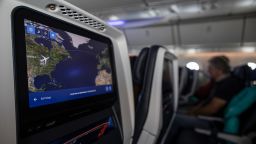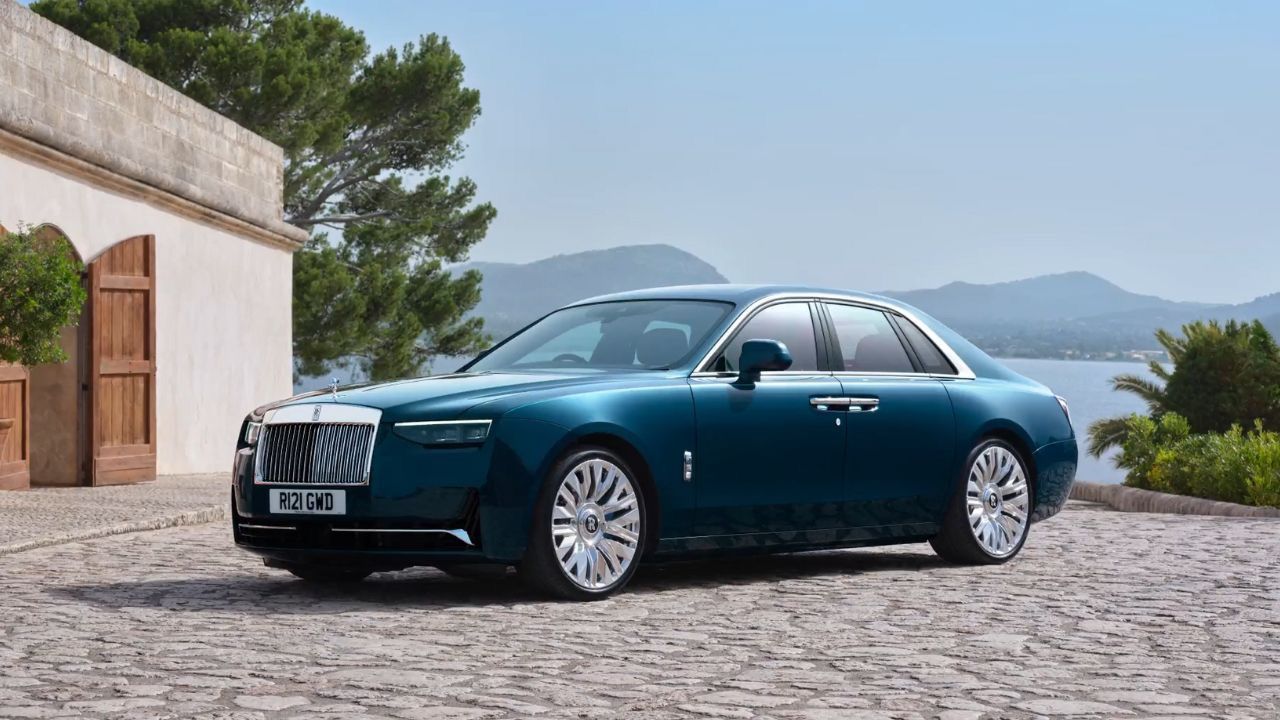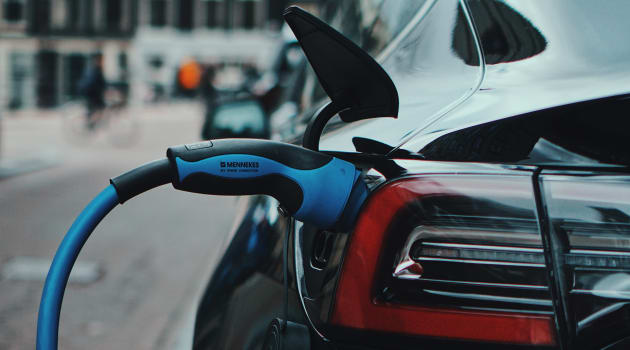Lin En could have easily reached his destination in six hours had he caught a flight. But during a trip earlier this year, the 23-year-old opted for a bus ride that took three days to cross from Xinjiang, in China’s northwest, to Astana, Kazakhstan’s capital. Make no mistake.
There was no premium in-bus entertainment, first-class dining or specially designed ergonomic seats on offer that made the ride particularly enjoyable. The journey was a grueling one. The tens of hours Lin spent strapped upright to his seat gave him unbearable back pain, as he later testified in a vlog on Chinese social media platform Xiaohongshu (Little Red Book).
But he kept doing it again and again. Over the past year, Lin has made several similar trips relying solely on ultra long-haul bus and train rides to get to his chosen destinations. He isn’t alone.
A growing group of Chinese travelers are now turning to extreme forms of transportation for their vacations. They call themselves “iron butt” travelers – inspired by the amount of time they spend traveling on uncomfortable seats that make flesh start to feel like metal. Known as “tieding” in Mandarin Chinese, the trend has drawn 19.
8 million clicks with its #ironbutttravel hashtag. “Those with iron butts enjoy the world first” is their motto. Most of them are young travelers, including recent university graduates, who have more free time than money.
Economic uncertainties brought by China’s protracted property crisis , weak con.



















